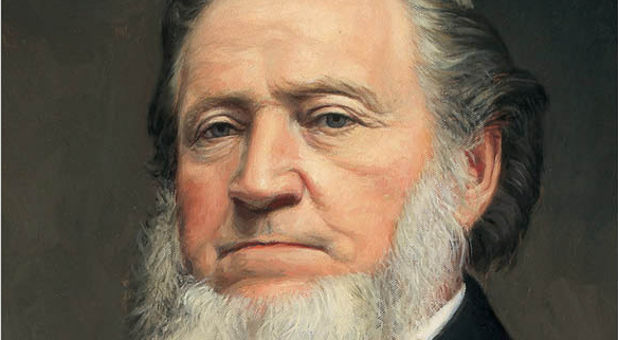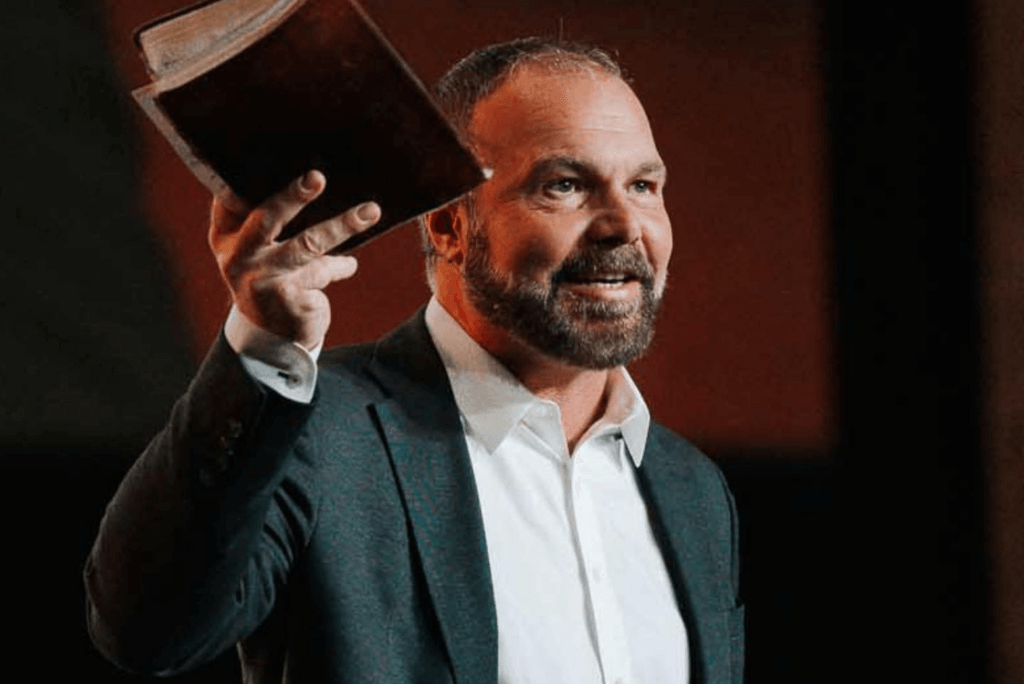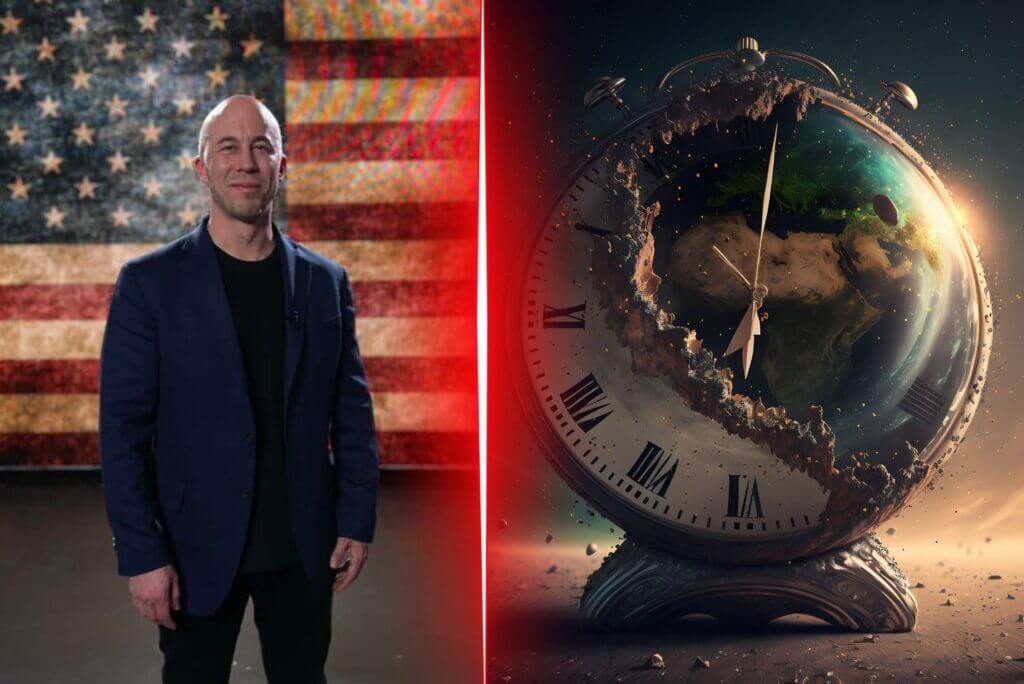Thirty-five years after lifting a ban on blacks entering the priesthood, the Mormon church has offered an explanation for a practice that was in place for more than 100 years, saying it was rooted in the racism of the times.
A church-produced essay, “Race and the Priesthood,” ties the ban to an 1852 speech by Brigham Young, the faith’s second president, who led the church to Utah, and distances the modern Church of Jesus Christ of Latter-day Saints from the policy.
“The justifications for restrictions echoed the widespread ideas about racial inferiority that had been used to argue for the legalization of black ‘servitude,'” reads the essay, part of a series aimed at giving Mormons more context for understanding various aspects of church history, practices and doctrine.
“Church leaders today unequivocally condemn all racism, past and present, in any form,” the essay says.
In the past, Mormon church leaders have said history provided no clear explanation for the prohibition that barred black men from ordination to the lay priesthood and prevented black men and women from participating in sacred temple rites.
No such prohibitions were in place during the tenure of Joseph Smith, Jr., who founded the church in 1830, the church essay notes. Smith opposed slavery and himself ordained the faith’s first black lay ministers. In the Mormon faith, only men can hold the priesthood.
In 1978 then-church President Spencer W. Kimball lifted the ban, citing what the church describes as a religious revelation, but the faith has had trouble shaking its history, and the issue of racism has arisen repeatedly, including during the 2012 presidential campaign of Mitt Romney, who is Mormon.
“For me what it says is that the church is finally admitting that (blacks) should never have been denied the priesthood,” said Don Harwell, president of the Genesis Group, an organization for black church members. “It’s overdue.”
Step Forward
Mormon historian Newell Bringhurst applauded the essay as the most comprehensive statement on the priesthood ban ever issued by church leaders. Still Bringhurst, a retired professor of history and author of multiple books on the ban, said it should be viewed with skepticism.
“It’s a step forward, but I don’t think it’s adequate enough,” Bringhurst said in a telephone interview from his home in Visalia, California. “They are going to have to own up to why it was perpetuated well into the civil rights era.”
In 1852, Young said he believed full church membership, including the priesthood, would someday be restored to black members, but church leaders perpetuated the practice for more than 100 years, Bringhurst said. No explanation for those actions is offered by the essay, he said.
Bringhurst believes the essay reflects the church’s shift toward dealing more honestly with its history, a move that may be tied to the proliferation of information about the faith from non-church sources on the Internet.
“I don’t think the LDS church has any choice but to become more frank and forthright in admitting what happened,” he said, noting that Mormonism has been growing rapidly in some South American and African countries.
“Membership of the church is now far more non-white than white … it kind of makes sense” that the issue would be addressed, said Harwell, adding that his remarks are not made on behalf of Genesis.
“You can’t just bring in people of color and ignore what the church was,” he said. “But it’s here. They said it and it kills a whole lot of stuff with the past. Now we can get on to building a better church.”
See an error in this article?
To contact us or to submit an article





















